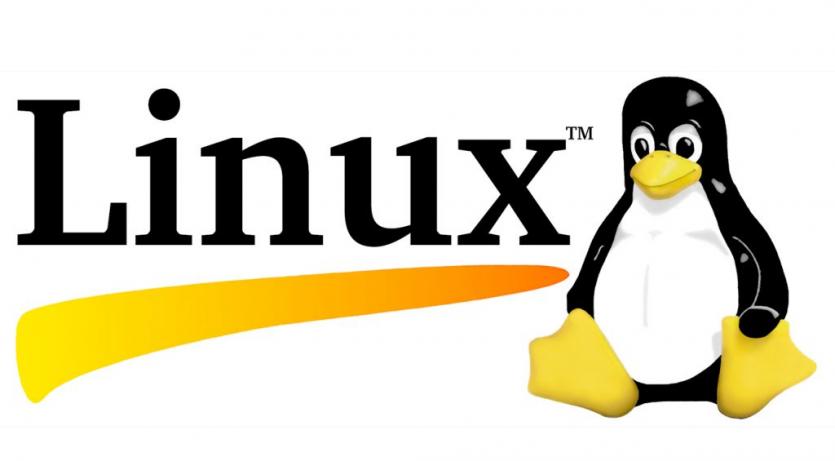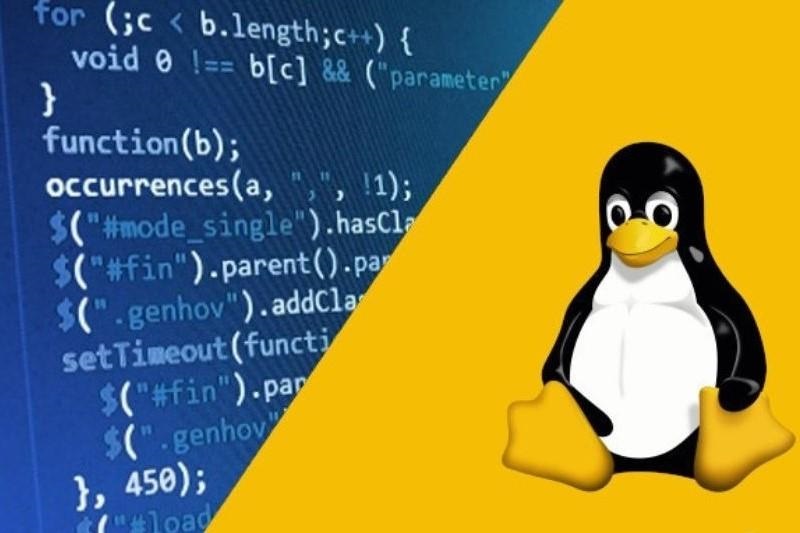Is Investing in Learning Linux Programming the Right Choice — Career and Skill Benefits
Linux Programming: Every Time Someone Turns On Their Laptop or Smartphone, A Series Of Miraculous Operations occurs, Or So It May Seem To The Average Tech User.
With a simple push of a button, the user suddenly has access to all the features on their device.
While some people may be less curious, others like to know what happened behind the scenes—people who want to enter the world of professionals who are programmers.
Most people don’t think much about their device’s operating system. However, they have an authentic user experience when working with their device. Today, one of the most popular operating systems in the world is Linux, and developing applications for it requires a unique set of specialized skills.
Linux was developed nearly three decades ago. Since then, it has been introduced in various industries and has significantly impacted the world. Years ago, Linux was considered a marginal technology, but today, it has a special place in the IT world.
Learning Linux is essential for career advancement and increased income for people interested in programming careers. In this article, we will talk about the most important details you should pay attention to when it comes to Linux programming.
Is Linux just a simple user system?

If we want to describe Linux, we should say that it is an entirely open-source kernel responsible for booting devices. Additionally, Linux is one of the most widely used operating systems for server-side applications. Linux is flexible in the sense that, as a stable kernel, it is possible to design many different types of programs based on it.
Interestingly, Linux has exceeded its early days and has almost become a big culture and ecosystem. While Linux is one of the most popular operating systems, it is underdeveloped for desktop applications compared to Windows and Mac OS.
This issue has led to a misconception in this field that Linux system programming is a marginal and unprofitable task when it is precisely the opposite.
Linux is one of the most widely used operating systems, providing some of the digital world’s most critical and necessary infrastructures. Linux programming is among the best skills for people looking for career opportunities as a back-end or front-end developer.
While almost anyone can learn Linux system programming, you need to know the practical skills required for Linux programming and its intricacies to build robust applications. Among these complications, we can mention the frequent updating and release of different distributions.
On the surface, learning Linux programming is relatively easy. However, the core is more complex and will take enough time to master. Mastering Linux programming is an incredible asset and one of the skills that can increase a developer’s salary. You can only acquire this set of skills through theoretical and practical knowledge.
Basic concepts of Linux programming
If you are interested in Linux programming and the vast opportunities it can provide you from a professional perspective, then you should start with the basic concepts of Linux programming. This topic covers the essential knowledge you need to work with Linux. You need to know how Linux works and what technologies are running in the background of this operating system.
Knowing the C programming language is one of the essential skills you need to master for Linux programming. The C programming language is the basis of the Linux kernel, so understanding the syntax of this programming language not only plays a vital role in building applications but also allows you to design powerful applications using this language.
Additionally, familiarity with Linux is essential from both a developer and user perspective, as it allows one to better understand performance and compatibility issues in Linux.
Another important skill you should consider learning is Docker. Docker is a powerful technology that allows you to complete the application deployment process quickly.
Mastering programming languages is another critical issue. Fortunately, Linux supports most modern programming languages, such as C++, Java, C, JavaScript, and PHP.
What are the advantages of the Linux operating system?
One of the essential advantages of the Linux operating system is its usability. In general, when you focus on learning Linux programming, you will find that you have complete control over the underlying technologies of the operating system. In contrast, on Windows, you have more limited maneuverability.
Some of the key benefits of the Linux operating system include:
- It is open source, which makes it easily adaptable by anyone with sufficient programming knowledge.
- The Linux operating system is an affordable option, with a seemingly endless list of applications available to developers, most free or open at low cost.
- Linux is one of the most stable and reliable operating systems that can be used for a long time.
- In an age where cybersecurity is a significant challenge, the Linux operating system is maintained by a large community of developers who quickly identify and fix bugs and security issues.
Is Linux used in large projects?
Considering the points mentioned, it makes sense that the big giants go for the Linux operating system. We’re talking about digital giants with unimaginable volumes of traffic passing through their data centers daily, companies like Facebook, Amazon, and even Google.
Linux is used in all large companies. It is widely used in servers, security systems, and infrastructure networks, and robust applications are written based on it. Linux‘s versatility and security make it an ideal choice for building a wide variety of applications that extend beyond personal computers.
Web servers, network equipment, smartphones, and even cars are essential areas where Linux and applications based on it exist.
Since Linux is an open-source operating system, it is constantly evolving, which means there is a constant demand for Linux programming professionals with up-to-date skills if you are interested in a career that focuses on programming or if you want to become a professional developer, mastering the basic concepts of Linux is essential.
Linux programmers’ job market
As a Linux developer, your primary responsibilities revolve around developing and documenting computer programs for the Linux operating system and debugging those programs. The day-to-day life of a Linux programmer is not much different from that of general programmers who use programming languages other than C. When looking for a job in Linux programming, you should expect the same questions that HR managers ask other software developers.
While the demand for full-stack developers is expected to increase in the coming years, the US Bureau of Labor Statistics predicts that job openings for general computer programmers will decline by 7 percent. However, this group of programmers will have plenty of job openings. However, having a specialized skill set like Linux programming can give you a massive advantage in a competitive market.
People with Linux programming experience can apply for jobs like computer hardware engineers and computer systems analysts. The median salary for software developers with a Linux skill set is $72,388,000 annually. People familiar with Linux and a wide range of programming languages are better positioned to bargain for higher salaries.
One of the exciting jobs that Linux programmers can do is automated testing, which is one of the most significant career enhancements.
In contrast to the demand for computer programmers, the need for test automation engineers steadily increases as manufacturers turn to automation technologies to improve productivity.
As an automated test engineer, you must assure employers that technologies are optimally designed and ready to be deployed in production units.
FAQ
What are the benefits of learning Linux programming?
Linux gives you a powerful development environment, strong command‑line skills, access to open‑source tools, and deep understanding of system internals that supports coding, debugging, and automation.
Can Linux knowledge improve career opportunities?
Yes; many roles in cloud computing, DevOps, system administration, cybersecurity, and backend development require or prefer Linux expertise, and demand for Linux‑skilled professionals remains high.
Is investing time in Linux worth it compared to other skills?
For careers tied to infrastructure, servers, cloud, or automation, Linux proficiency is highly valuable and often foundational for advanced tools like Docker, Kubernetes, and CI/CD. However, for purely front‑end or desktop applications, its impact may be less direct.
